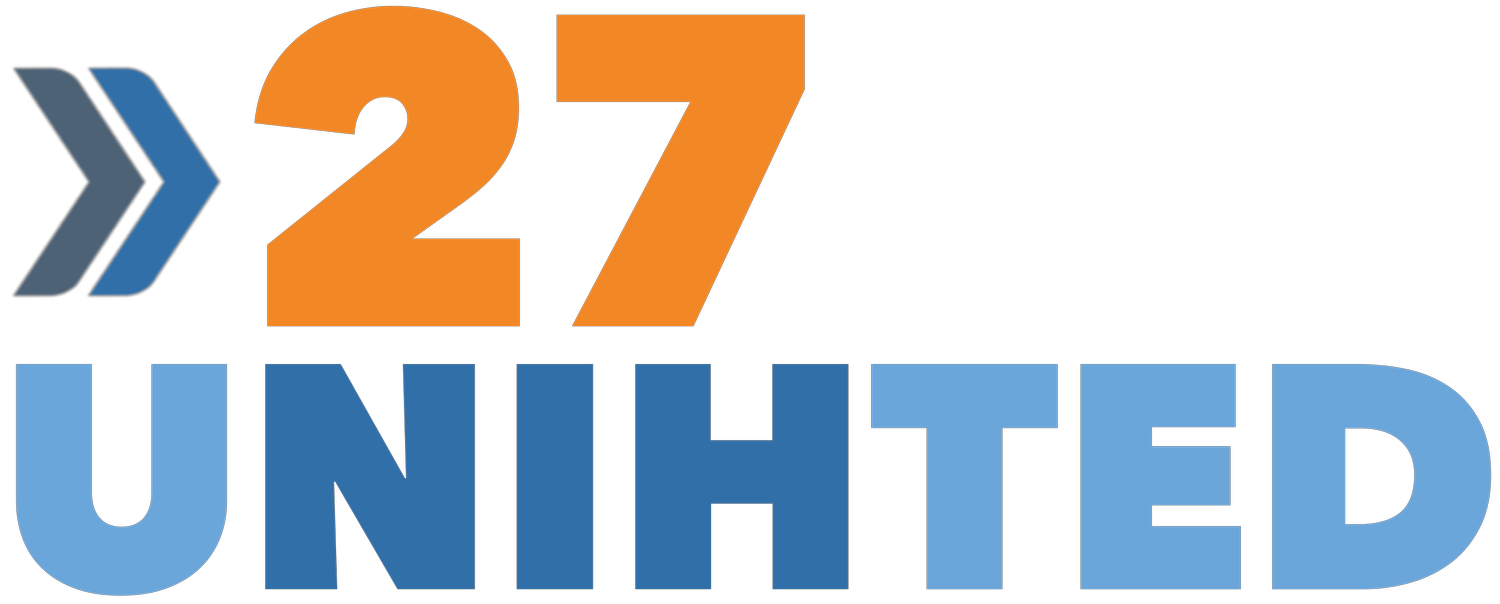Erica’s Story
Tell us about yourself and your science.
“I studied to become a biomedical researcher, then pivoted into science writing. Like virtually all NIH communicators, I was fired on April 1, despite high productivity, stellar performance reviews, decades of experience, and numerous awards. But this story isn't about me, it's about my son.”
Personal Impacts.
“Until a few months ago, my son had every reason to believe he would be part of the next generation of biomedical scientists. He studied biology in college, graduated in 2024 with high honors, and had experience working in several laboratories, including as a summer research intern at NIH. His goal was to spend a year or so gaining additional research experience before entering a Ph.D. program in microbiology. To gain this experience, he applied to the NIH postbaccalaureate program, NCI's iCURE program, and several FDA fellowships. He has a particular interest in a niche area of virology and cultivated an email relationship with the FDA lab chief who was conducting research in that area and who hosts trainees through the Oak Ridge Institute for Science and Education (ORISE) program. None of his applications were successful. As he later learned, the training programs had all been canceled without warning. He, and hundreds (thousands?) of other scientifically minded young people had their careers quashed just as they were beginning. Many have turned away from science as they seek opportunities in other areas. I know several college students who were training for careers in biomedical science or public health and have changed their majors to pursue areas that appear to have a more promising future. By cutting research training programs, we have destroyed the prospects (and mental health) of a significant portion of our brightest young people. Universities and pharmaceutical companies are not absorbing the promising young talent because they are struggling with reduced NIH funding and constant economic uncertainty, respectively. The prospective scientists are either leaving science or leaving the country. Not only have we upended the lives and livelihoods of countless researchers, we have also lost out on the potential contributions of an entire generation of future scientists.”
Your coping strategies.
“I believe that education is never wasted and we can learn from every experience. Although my son is not doing scientific research, he is learning other skills. He is not, however, using his full potential. I'm hopeful that, whether he returns to biomedical research or not, he finds a career that is a good fit for his skills and interests and one in which he can make a contribution to society.”
Image: https://pixabay.com/illustrations/actions-emotions-support-comfort-8175552/
